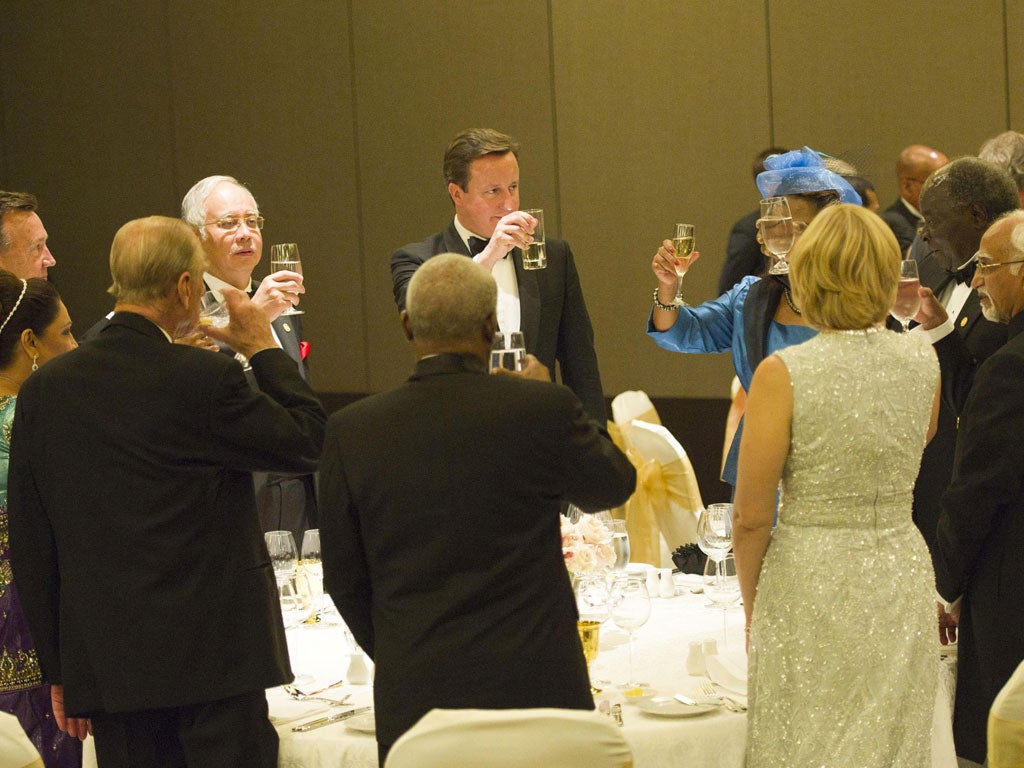
Eurozone leaders were left sweating last night after China played down expectations that it would quickly make a much-needed cash injection to the EU bailout fund.
The bailout's chief executive, Klaus Regling, was in Beijing yesterday with the hope of coaxing a speedy investment from the world's second-largest economy.
But, despite hopes that the opportunity to take a leading role in managing global finances would prove a powerful incentive for Beijing, European observers were braced for the Chinese to exact a heavy price in return for providing as much as €70bn (£62bn) to the European Financial Stability Facility (EFSF).
After meeting senior government officials, Mr Regling told reporters that a quick deal was unlikely and that even formal negotiations were on hold.
Meanwhile, Chinese deputy finance minister Zhu Guangyao said that China would need more details of the planned boost to the EFSF – which would recapitalise struggling European banks – before it would commit to any such deal.
"This is not investment in EFSF itself, but in its new forms of investment as guarantor or participant. Of course, we must wait for the comprehensive technical structure to be very clear and have serious and specialised discussions before making a decision on investment," Mr Zhu told a news conference in Beijing.
Mr Regling was nonetheless bullish about the prospects of China ultimately putting in the cash that the eurozone countries so urgently want for the bailout fund, which was set up in May 2010 and has already been drawn upon to help Ireland, Portugal and Greece. The fund is set to be boosted to £880bn under the latest plan.
China is a prime target for a share of that money. Europe is a key export market, and the Beijing government has cash to spend.
With a war chest of £2bn, China presently has the world's largest foreign exchange reserves and is keen for vehicles to invest its funds in.
Join our commenting forum
Join thought-provoking conversations, follow other Independent readers and see their replies
Comments